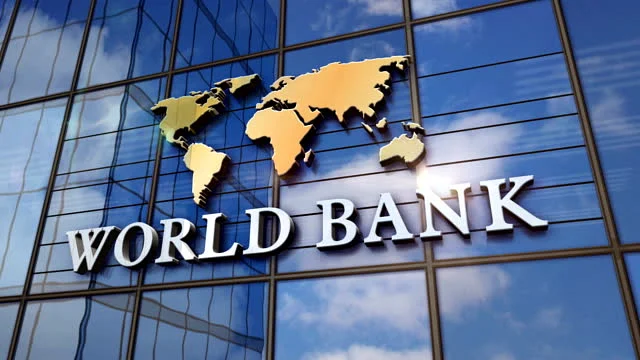Multilateral lender, the World Bank is worried about Nigeria’s macroeconomic management, and has asked for structural changes to enhance financial management and tax collection, among other reforms.
The bank maintained that Nigeria “needed enabling business environment to attract investment and foster sustainable economic growth” amid its current economic reality.
This position was made in the Bank’s Country Policy and Institutional Assessment (CPIA) for 2022, which gave Nigeria 3.2 out of a possible 40 points, matching its score from the 2021 assessment. The CPIA, which is an annual diagnostic tool for Sub-Saharan African nations qualifying for funding from the International Development Association (IDA), is used throughout Africa.
In its highlights on the country’s performance, the World Bank stated: “Overall macroeconomic management weakened due to an inconsistent monetary policy framework which did not effectively curb inflation, as well as the absence of a more predictable, transparent, and flexible exchange rate management system, which was a deterrent to private investment.
“The weak fiscal position is exacerbated by low revenue generation, and limited progress in diversifying the economy away from oil dependency, contributing to a high debt service-to-revenue ratio”.
Some experts have argued that the recent petrol subsidy and the foreign exchange (FX) management reforms have the potential to lay the groundwork for sustained growth, addressing long-standing macroeconomic imbalances.
According to the World Bank, Nigeria’s highest-performing cluster was Policy for Social Inclusion and Equity with 3.5 points, while its lowest-performing cluster was Public Sector Management and Institutions with 2.8 points.
On the scoring trend, the World Bank said: “Despite global economic challenges, more countries in Sub-Saharan Africa saw improvements in their overall CPIA scores compared to the previous year. In Western and Central Africa (AFW), the overall score increased for eight countries— Benin, Cape Verde, Côte d’Ivoire, The Gambia, Guinea, Guinea-Bissau, the Republic of Congo, and Togo.
“The overall score increased for four countries in Eastern and Southern Africa (AFE)— Burundi, the Democratic Republic of Congo, Mozambique, and Zambia. In contrast, the overall score decreased for eight countries—Chad, the Comoros, Eritrea, Ethiopia, Ghana, Malawi, São Tomé and Príncipe, and Sudan”.
Nigeria can take advantage of the no-subsidy regime and FX float to implement a comprehensive reform package that includes a variety of complementary fiscal, monetary, trade, and structural policy measures.


 Sports2 days ago
Sports2 days ago
 Metro2 days ago
Metro2 days ago
 Metro1 day ago
Metro1 day ago
 Culture2 days ago
Culture2 days ago































